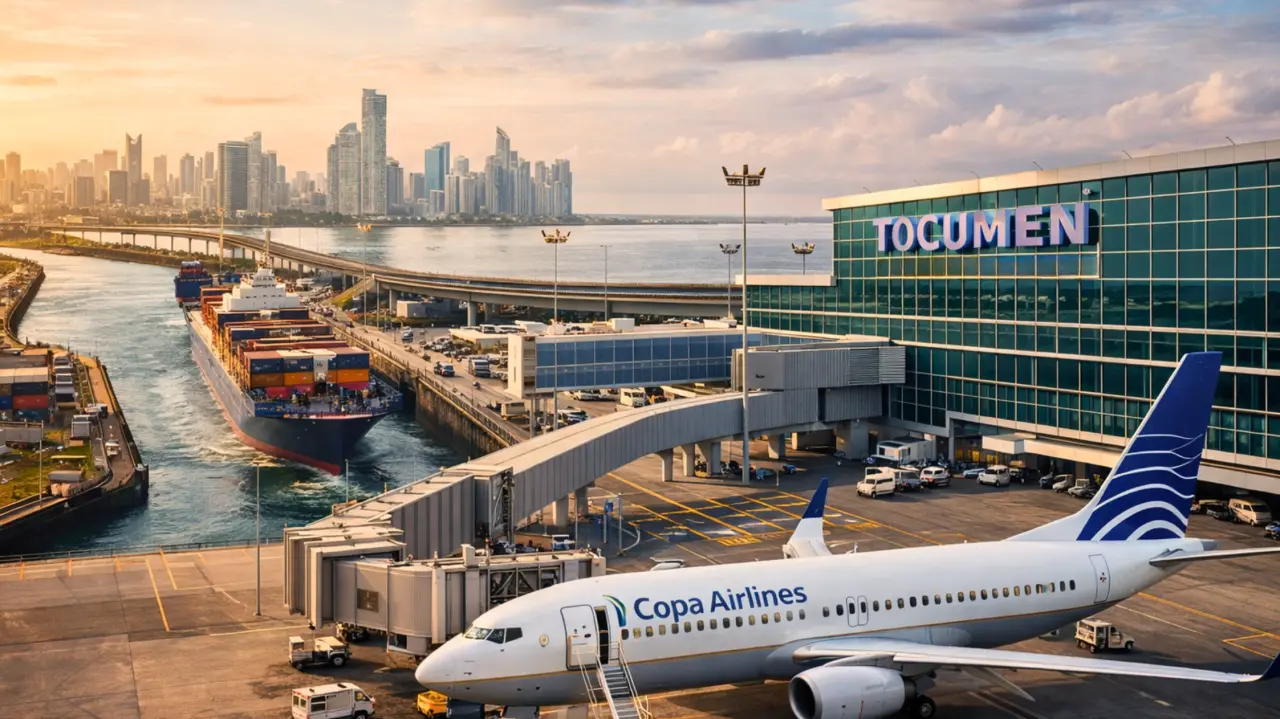Incentive programs have long been a key strategy to motivate and retain both employees and customers, but in 2025, these programs are evolving to meet new expectations and challenges. In an increasingly competitive business environment with a growing focus on well-being and sustainability, incentive programs have become a crucial tool for the long-term success of companies.
In this article, we will explore why incentive programs are more important than ever and how they can directly impact organizational performance, team motivation, and customer loyalty. Additionally, we will provide you with some innovative ideas to implement these programs effectively in your company.
1. Incentive programs boost employee motivation and performance
One of the most well-known benefits of incentive programs is their ability to boost employee motivation. When employees feel that their efforts are recognized and rewarded, they are more willing to commit to the company’s mission and goals. This motivation, in turn, leads to increased performance, productivity, and job satisfaction.
By 2025, companies are opting for incentives that not only focus on material rewards but also include unique experiences, public recognition, and opportunities for personal and professional development. This evolution in incentive programs helps companies create a positive work culture where employees feel valued and empowered to do their best work.
2. Incentive Programs to Strengthen Customer Loyalty
Incentives are not only important for employees but also for customers. In a market saturated with options, companies must find ways to stand out and build stronger relationships with their customers. Customer incentive programs help foster loyalty, which in turn increases opportunities for repeat purchases and the long-term value of each customer.
In 2025, loyalty programs are incorporating elements of personalization, where rewards are tailored to each customer’s preferences. Additionally, the integration of technologies such as mobile apps and digital rewards platforms allows companies to manage their incentive programs more efficiently and provide more engaging experiences.
3. A Focus on Sustainability and Well-being
Sustainability and well-being are becoming key factors for companies worldwide, and incentive programs are no exception. Today, consumers and employees value companies that are committed to the environment and society. For this reason, many organizations are incorporating these values into their incentive programs by offering rewards that promote a healthy and sustainable lifestyle.
Instead of simply offering material products, companies are now providing incentives that promote personal well-being, such as memberships for fitness activities, access to mental health programs, or rewards related to sustainability, like eco-friendly products or nature-based experiences. These types of incentives not only enhance employee and customer satisfaction but also improve the company’s image as a responsible and conscientious player.
4. The Positive Impact on Organizational Culture
Well-designed incentive programs have a direct impact on organizational culture. By promoting recognition and rewarding good performance, companies create a work environment where employees feel valued and motivated to contribute to collective success. This not only improves individual performance but also strengthens teamwork, as incentives can be awarded to groups or teams that achieve common goals.
Furthermore, by integrating positive feedback and continuous recognition into the company culture, incentive programs help reduce employee turnover and increase talent retention, which is crucial in an increasingly competitive labor market.
5. Personalization and Adaptability: The Future of Incentive Programs
The future of incentive programs is moving toward greater personalization and adaptability. Instead of offering standard rewards for everyone, companies are beginning to design programs tailored to the individual needs and desires of their employees and customers. With the help of technology, companies can collect valuable data about their employees’ and customers’ preferences, enabling them to offer more relevant and appealing incentives.
For example, some companies are implementing digital platforms that allow employees to choose from a variety of rewards, ranging from trips and experiences to days off or bonuses. Similarly, customer loyalty programs are also adopting more personalized approaches, offering rewards based on purchasing behavior and brand interaction.
How Penta Marketing Implements Successful Incentive Programs
At Penta Marketing, we understand the importance of incentive programs and how they can be a key factor in a company’s success. Through a personalized approach tailored to our clients’ needs, we have helped numerous companies design effective incentive programs that deliver tangible results.
Whether it’s to motivate a work team or build customer loyalty, our goal is to create unique experiences that not only boost performance and productivity but also strengthen long-term relationships. We are committed to delivering innovative and effective solutions that make a real difference in each company’s objectives.



